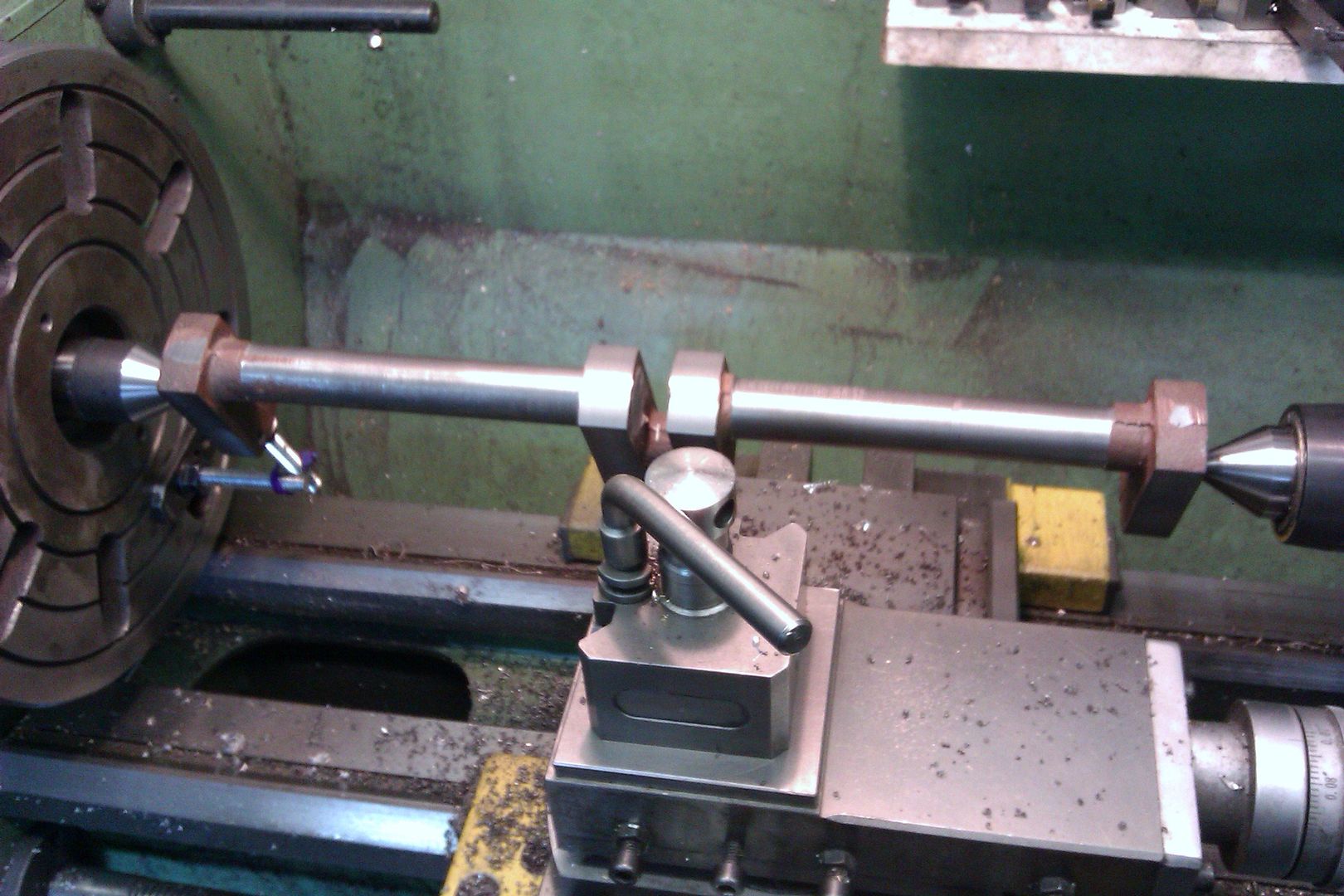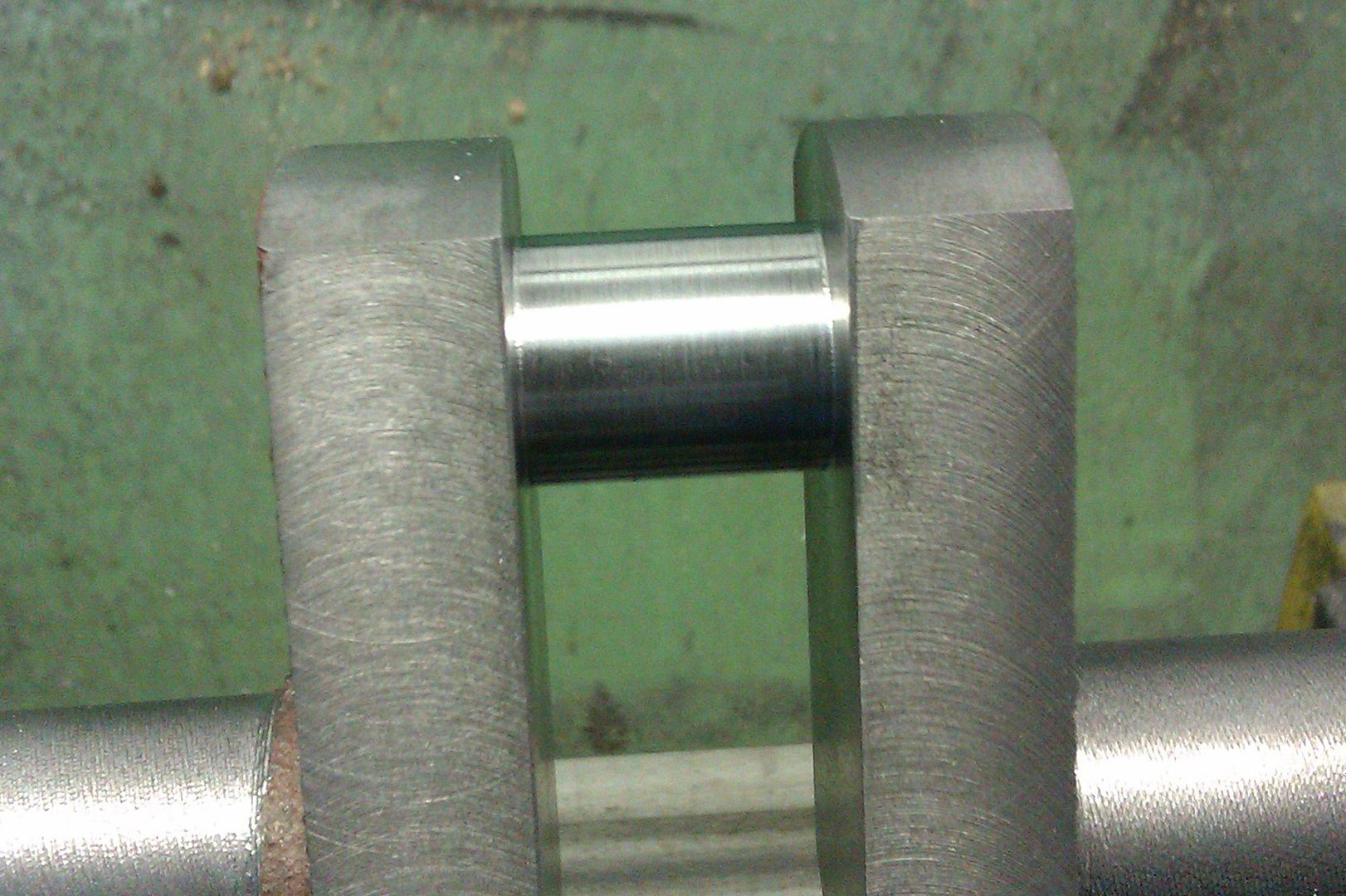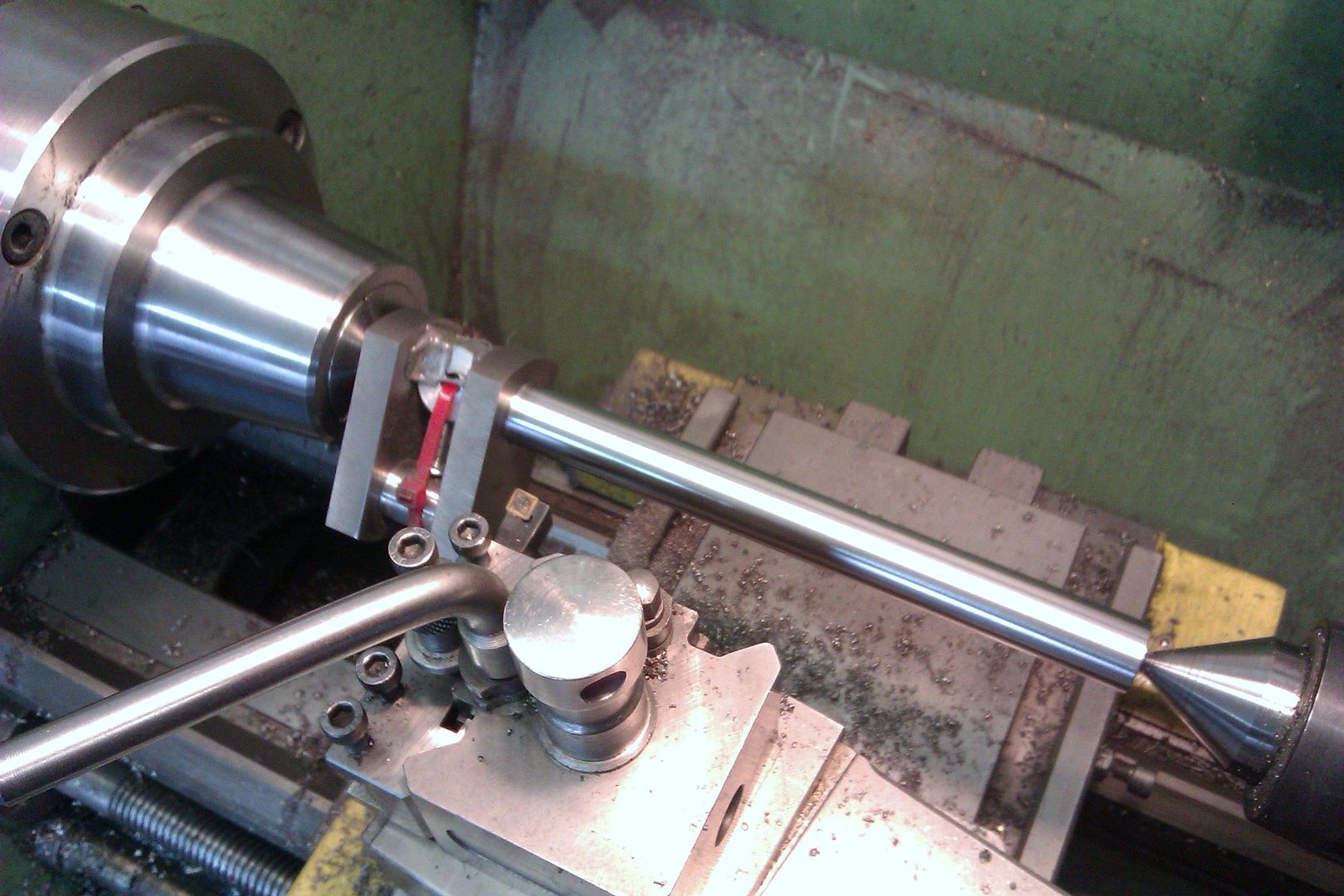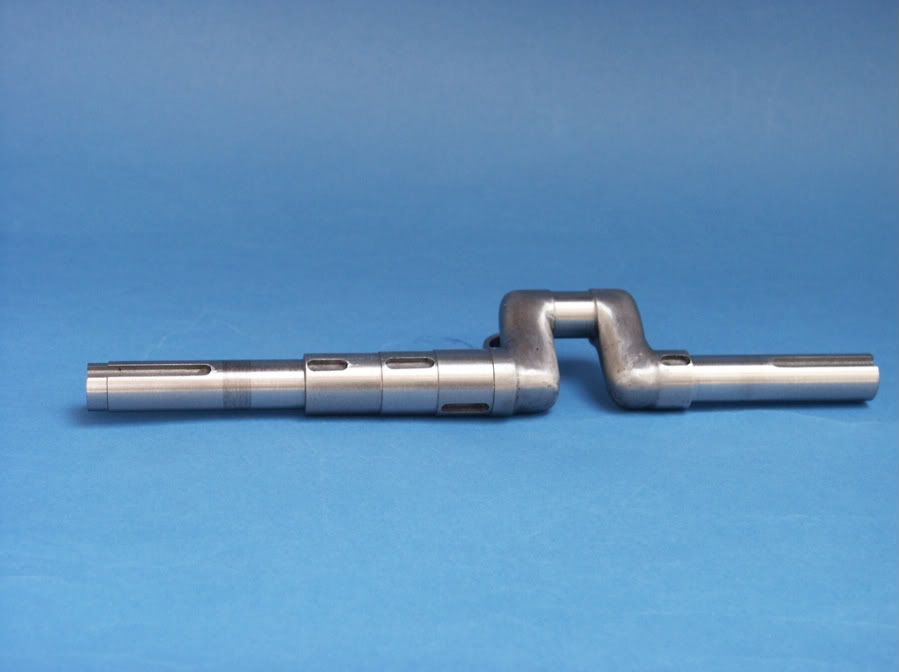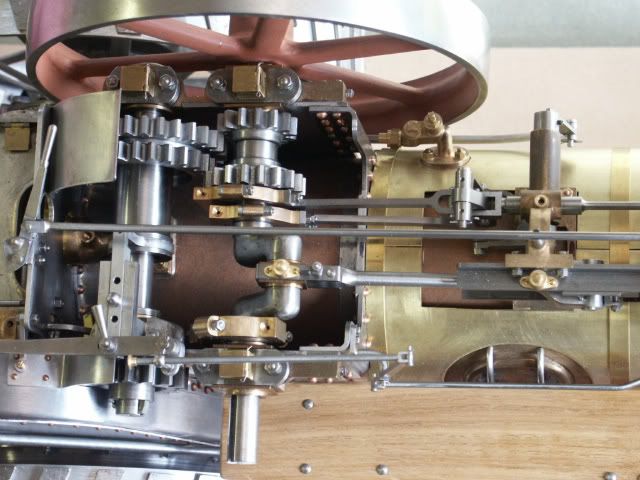Loco wheels cast iron grade ?
Loco wheels cast iron grade ?
- This topic has 28 replies, 9 voices, and was last updated 10 September 2019 at 12:22 by
 Michael Gilligan.
Michael Gilligan.
- Please log in to reply to this topic. Registering is free and easy using the links on the menu at the top of this page.
Latest Replies
Viewing 25 topics - 1 through 25 (of 25 total)
-
- Topic
- Voices
- Last Post
Viewing 25 topics - 1 through 25 (of 25 total)
Latest Issue
Newsletter Sign-up
Latest Replies
- Warco Machines for Sale
- Dead flies on the front of the car
- Scam email
- Help me identify my lathe
- How To Make A Pressure Gauge Syphon?
- Some wild kangaroos over a few days on our Front Door Ring Cam
- 12 INCH HARRISON
- Myford ML10 chuck not revolving.
- New member – Nef (from Scotland)
- Info on UK Power outage 2019


